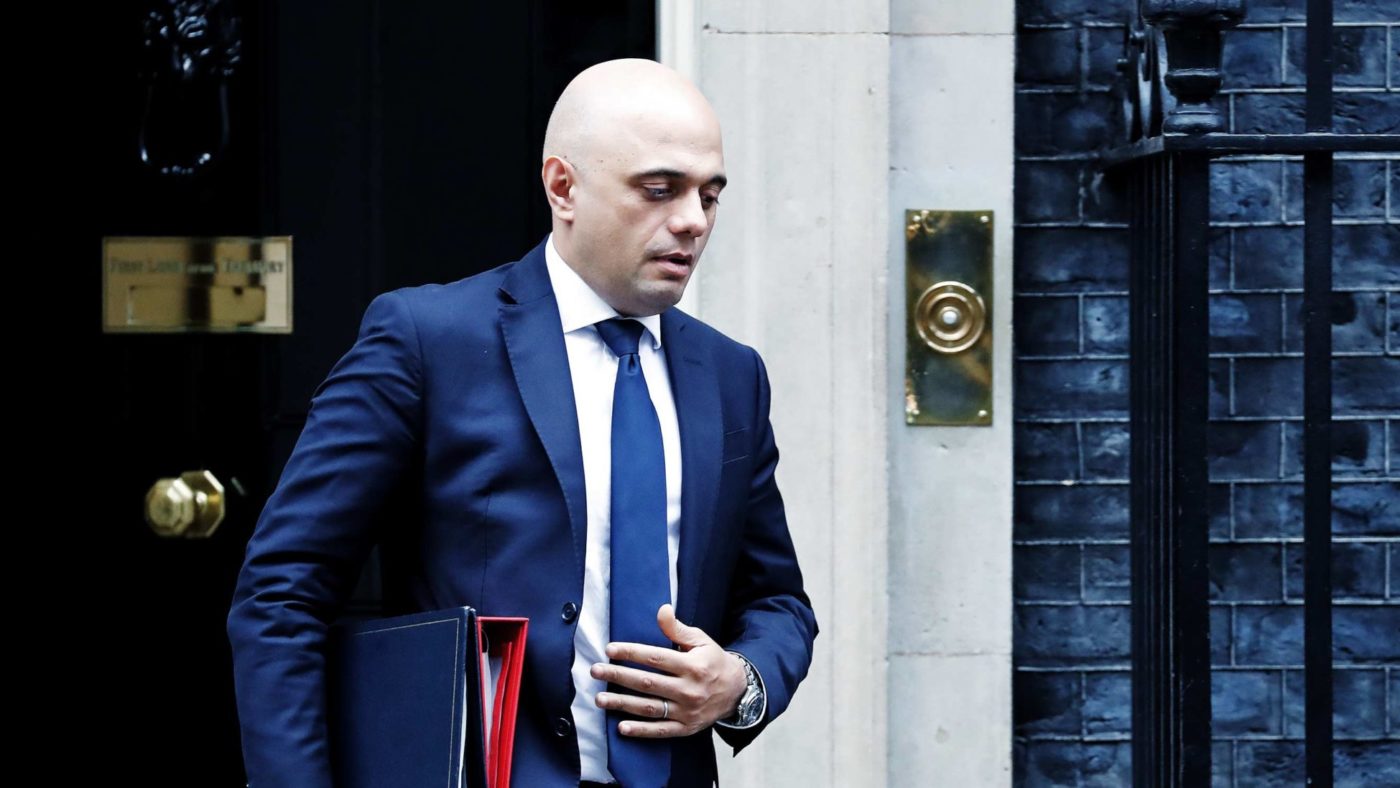Shamima Begum made a terrible decision when she chose to go to Syria to join Islamic State, where she married a fighter. Because she was only a fifteen year old girl when she was radicalised by a murderous death cult, many people are torn by competing intuitions when considering the case. Begum has seen terrible things that most of us will never experience – yet she went to champion and support those carrying them out. She has seen two of her children die by the age of nineteen, and her newborn baby is an innocent born into the least auspicious of circumstances.
Yet when Begum declares herself unfazed by the brutality of ISIS putting heads on spikes in Syria, and justifies the murder of children who went to a pop concert in Manchester with their families, it is no surprise that most people feel Britain would be better off if she was never to return.
Home Secretary Sajid Javid’s decision to try to strip Begum of her citizenship will prove broadly popular with the public, though it appears much less likely to be judged lawful if and when that question is tested in court.
The Home Office believes the decision can be made on the basis that she may hold, or be eligible for, Bangladeshi citizenship. Yet Bangladesh is clear that she is not a citizen – and unsurprisingly regards the radicalisation of Shamima Begum as a British problem, not one to be dumped on Bangladesh. This country would hardly take in somebody with extreme and radicalised views, who had never been here, having grown up in America, Bangladesh or Canada with a parental link to this country.
Even if his move appears likely to be blocked, Javid may still feel that it would have been right to send a message about British citizenship being incompatible with joining an extreme terrorist group.
Most people do understand that citizenship is about responsibilities as well as rights – because the rights we enjoy depend on a respect for the rights of others. The sense of a social contract with our fellow citizens is betrayed by Begum’s support of Daesh – as it was broken by those who spied on their country for the Soviet Union, or mounted and supported campaigns of terror and violence, whether from the IRA or Daesh.
Yet the decision also risks badly damaging one of the core principles of citizenship. Strong citizenship societies believe in equal citizenship and so strive to come ever closer to upholding the ideal that those who choose to become Canadian or American or British have a similar status to everyone else in the club that they join. Yet Sajid Javid’s decision indicates a willingness to entrench a two-tier system of British citizenship.
Here it is not only dual nationals who can lose their citizenship, or those who become naturalised. Javid’s decision appears to propose a new principle – that those who are eligible for another citizenship could see their British citizenship revoked.
Who is and is not affected would depend on the lottery of national citizenship rules, but that impact would not be felt equally across society. I was surprised to discover that the Irish government considers me automatically Irish – because my Irish mother was born in Cork – whether I apply for a passport or not, whereas those like my children, who qualify by descent via a grandparent, need to register to be eligible. If eligibility were the only criterion, this would be likely to affect the majority of British citizens from ethnic and faith minorities – and a much smaller group of white British peers. It will affect many more Britons with parentage and family ties to Commonwealth countries, along with Poland, Ireland or Israel.
That implication of the Home Secretary’s effort has drawn criticism from an unusually broad spectrum of views. Maajid Nawaz of the Quilliam Foundation suggests that the move is “worse than anything Donald Trump has done”, because it makes second class citizens of those whose parents have another heritage. “If citizenship is revocable for people like me, it was never citizenship to begin with”, but more like a mere visa, he wrote in a social media post.
Telling IRA terrorists that the British state would revoke their rights to be British would have been an own goal, given that their central claim was the illegitimacy of Britain’s presence in Northern Ireland. (I doubt anybody thought of telling the Ulster Volunteer Force that Britain intended to render them Irish, which might have been a stronger deterrent, though there would have been no reason for Dublin to play along). Islamist extremism remains a toxic threat, both in the direct danger it poses to the safety of us all, and in its efforts to form a symbiotic relationship with supposedly opposing extremists on the far right to spread a shared message that Muslims can never be fully part of British society.
If the radicalisation of Shamima Begum was a problem made in Britain, so the question we need to be asking is how we redouble our efforts to protect young people from the lure of this theocratic fascism. Hers is far from the only case. Indeed, it is the retreat of IS and the failure of the fantasies of its Caliphate which sees an increasing number of states now grappling with the difficult issues of what to do with combatants, or their families, who seek to return. Few have rejected the values that we want to share in Britain – but our response should demonstrate our confidence in the values and capacity of British justice to deal with problems which are our responsibility.
CapX depends on the generosity of its readers. If you value what we do, please consider making a donation.


